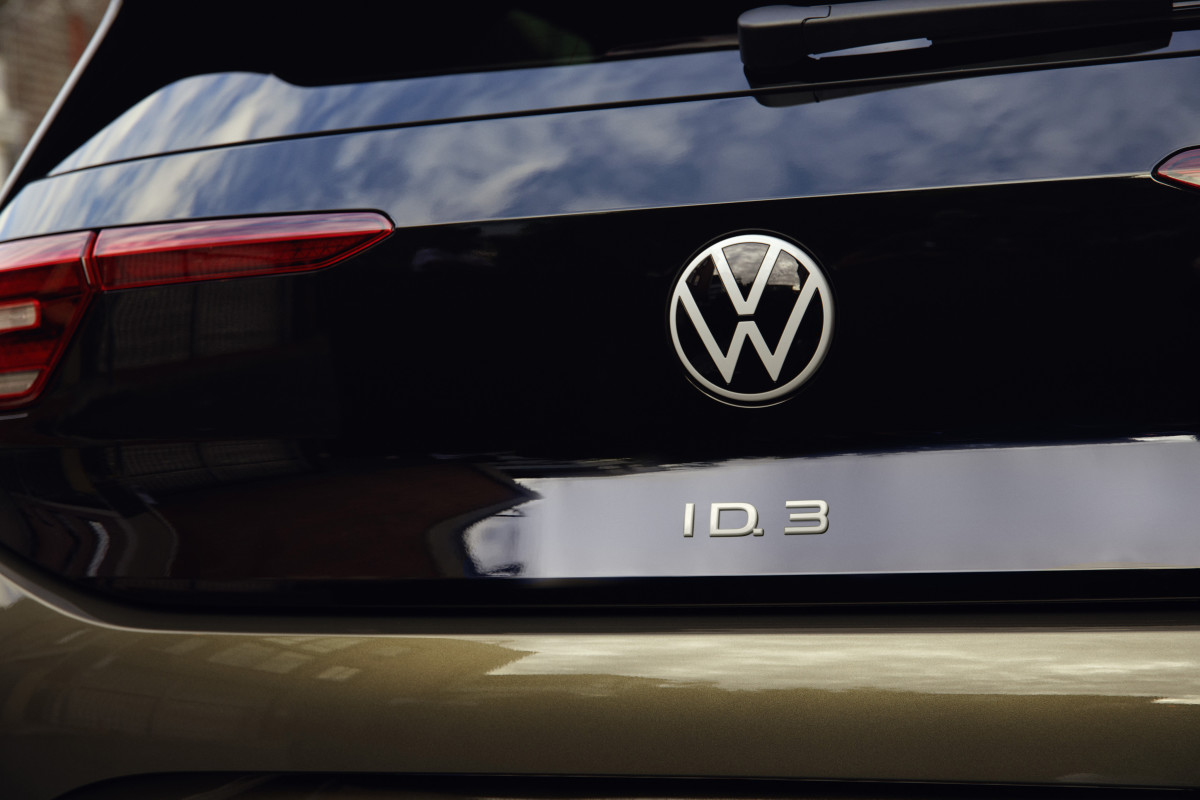It seems that the world runs on monthly subscriptions these days, regardless of the industry or the service provided. Whether it’s Netflix, Spotify, Crunchyroll, Amazon Prime, Uber One, Dash Pass, Factor, or HelloFresh, anything and everything related to your lifestyle can be satisfied with a seemingly small monthly fee.
We pay a lot for this kind of convenience. According to Deloitte’s 2024 Digital Media Trends report, American consumers pay an average of $48 per month for video-streaming subscriptions, such as Netflix, Hulu, HBO Max, or MUBI. To make things even more dire, about half of the people surveyed by the Big Four accounting firm said they pay way too much.
In the world of today’s software-defined vehicles, some automakers have taken advantage of the subscription model. For example, Toyota charges $8 a month or $80 a year for remote start. However, one automaker across the pond is tacking on a monthly fee for something that should’ve come on the car in the first place: horsepower.
Volkswagen UK
Vee-Dub UK: Pay up for more power
According to a new report by the British motoring publication Auto Express, Volkswagen UK is giving owners of the ID.3, Das Auto’s cheapest EV, the opportunity to pony up for a monthly subscription to unlock their vehicle’s peak horsepower potential.
On the online configurator, Volkswagen tells buyers of the base ID.3, the “Pure” model, that the car makes 170PS (~168 horsepower); however, an “important information” bubble next to the line reveals the fine print that discloses that the power figure is locked behind a subscription.
“Engine power is 150kW as standard, 170kW if you activate the optional power upgrade for a fee. Choice of one-month free trial or subscription (one month, one year, or outright purchase for the lifetime of the car. See your In-car Shop or the Volkswagen Connect Shop for up-to-date pricing.”
Volkswagen UK
Although Volkswagen UK does not provide pricing information, Auto Express reports that the subscription is £16.50 (~$22.30) per month, which it points out is “almost three times the price of a ‘Standard with Ads’ Netflix subscription (of £5.99, or ~$8.10/month)—following a one-month free trial,” or a total of £165 (~$223) per year.
Additionally, Auto Express noted that Volkswagen is also offering owners the option of selecting a one-time purchase to make the extra horsepower permanent for £649 (~$877.98). The upside of this subscription and/or one-time purchase is that the added horsepower is attached to the car, rather than the individual, meaning the upgrade will remain if the vehicle is sold on the used market.
Related: New Safety Rules Will Reward Physical Buttons Over Distracting Touchscreens
Final Thoughts
It should be noted that Volkswagen isn’t the only car company that gatekeeps key features behind a paywall. For instance, Mercedes offers an “Acceleration Increase” as one of its “Digital Extras,” which can cost $60 per month, $600 a year, or a one-time purchase $1,950 on EQE 350 sedans and SUVs, or $90 per month, $900 a year, or a one-time purchase of $2,950 on EQE 450 models.
Mercedes says that this upgrade does make a dent in power. In EQE 350 models, the power upgrade adds 60 horsepower (from 288 to 348 horsepower) and knocks down the 0-60 time by 0.9 seconds in the sedan and a full second in the SUV. EQE 450 models, however, get an 80-horsepower upgrade (from 355 to 435 horsepower), which knocks down the 0-60 time by 0.8 seconds in the sedan and 0.9 seconds in the SUV.
Given that these sorts of extras are being normalized and that manufacturers like Volkswagen are tying these “upgrades” to the cars themselves, I am curious to see the landscape of the used EV market in 10-15 years.
Related: Only Nine Were Made: Aston Martin’s Thrillseeker Collection Is Already Gone